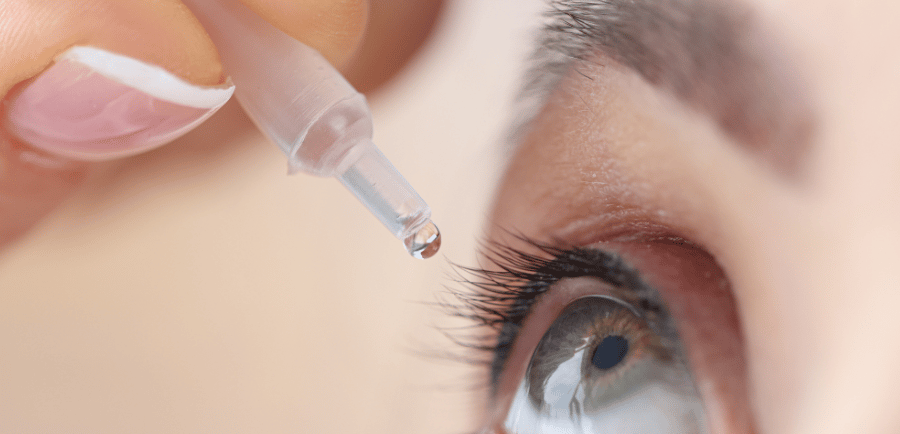How to Prevent and Manage Dry Eyes
Dry eyes can be a real discomfort, making it difficult to focus, read, or even wear contact lenses.
10/6/20241 min read


Dry eyes can be a real discomfort, making it difficult to focus, read, or even wear contact lenses. Fortunately, there are several steps you can take to prevent and manage this condition.
Causes of Dry Eyes
Reduced tear production: This can be due to age, certain medications, or underlying medical conditions.
Tear evaporation: Increased tear evaporation can occur due to environmental factors like wind, air conditioning, or heating.
Blocked tear ducts: Obstructed tear ducts can prevent tears from draining properly.
Prevention Tips
Blink more frequently: Consciously blinking can help distribute tears evenly across your eyes.
Limit screen time: Staring at screens for extended periods can reduce blinking and contribute to dry eyes.
Avoid irritants: Minimize exposure to smoke, wind, and other environmental irritants.
Wear sunglasses: Protect your eyes from the sun's harmful rays and reduce tear evaporation.
Stay hydrated: Drinking plenty of water can help maintain overall eye health.
Management Techniques
Over-the-counter eye drops: Artificial tears can provide temporary relief from dry eyes.
Prescription eye drops: For more severe cases, your doctor may prescribe eye drops to address the underlying cause.
Warm compresses: Applying warm compresses to your eyes can help stimulate tear production.
Lifestyle changes: Consider avoiding alcohol, caffeine, and certain medications that can exacerbate dry eyes.
When to See a Doctor
If your dry eyes are persistent, causing significant discomfort, or affecting your vision, it's important to consult with an eye doctor. They can diagnose the underlying cause and recommend appropriate treatment options.
By following these tips and seeking professional advice when needed, you can effectively manage dry eyes and enjoy healthier, more comfortable vision.

